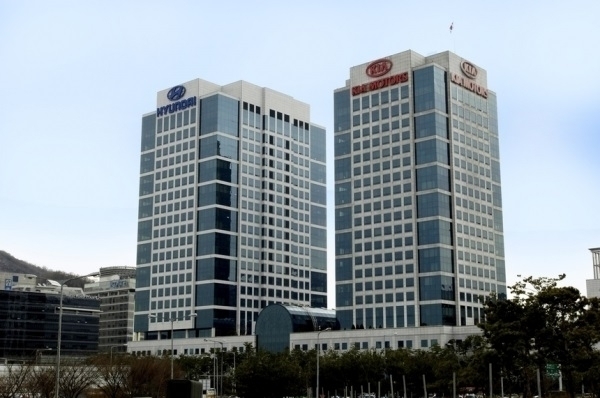
Korean automaker chalks up solid performances
South Korea’s Hyundai Motor announced on Oct. 24 that it had chalked up 37.7 trillion won ($26 billion) in sales during the third quarter of this year, up 30.6 percent from a year ago.To achieve the growth, the Seoul-based automaker sold 162,439 units of vehicles during the July-September period, up 15.9 percent from a year before.However, its operating profit went down 3.4 percent year-on-year to reach 1.55 trillion won as it had put aside provisions amounting to around 1.36 trillion related to its problematic engines.In 2019, Hyundai Motor reached a settlement with U.S. motorists, who owned the automotive brand’s vehicles equipped with the Theta II gasoline direct injection engine.The engine was accused of having caused such problems as non-collision fires and engine stalling.Hyundai Motor already set aside 2.1 trillion won in provisions during the third quarter of 2020, while its sister company Kia’s provisions stood at 1.26 trillion won at the time.For the past three months, high-end models like electric vehicles underpinned the company’s robust sales.“Hyundai’s EV model sales surged over 27 percent from a year earlier to around 52,000 units in the third quarter, accounting for 5.1 percent of its total sales volume,” Hyundai said in a statement.“The increase mainly stemmed from the strong sales of newly launched IONIQ 6 and GV60 while award-winning IONIQ 5 sales stayed robust too.”Encouraged by the solid performances, Hyundai Motor raised its sales growth guidance for this year to 19~20 percent from 13~14 percent. It also jacked up its guidance for operating income to 6.5~7.5 percent from 5.5~6.5 percent.“Hyundai Motor fared well in the third quarter despite the chip shortage. But the Theta II engine case is expected to keep plaguing Hyundai although the amount of provisions is likely to go down in the future,” Prof. Kim Pil-soo at Daelim University said.“Another significant issue for Hyundai Motor is the Inflation Reduction Act, which is feared to substantially cut down on its sales in the United States.”Under the guidelines of the IRA, signed by U.S. President Joe Biden in August, vehicles must be assembled in North America to qualify for tax credits.Many of Hyundai Motor’s electric cars no longer qualify for the tax credit, with most of them being assembled in Korea.Hyundai Motor is set to complete its U.S. assembly lines for electric cars in 2025 at the earliest. Hence, it hopes that the U.S. administration would give a few years of grace period for the IRA.키워드
이 기사를 공유합니다
Hillary Lee
(homin30@hanmail.net)

